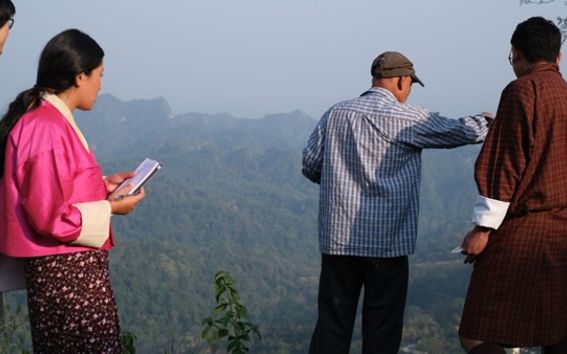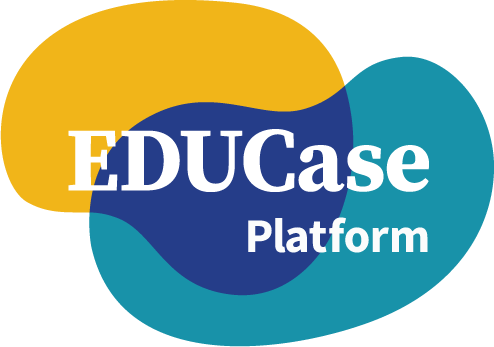Empowering communities through natural hazard mitigation

The project is a testament to the collaborative efforts between JNEC, the University of Eastern Finland, and Aalto University’s Sustainable Global Technologies programme (SGT). The focus of the project is to combine the JNEC team's topographic mapping of Dewathang with human-centered and sustainability perspectives. The goal is twofold: addressing the immediate resilience needs of the residents and contributing to the future expansion of Dewathang's built environment. Additionally, the project aims to gather information from students, locals, and the municipality, with the potential to share this newfound knowledge with the community.
The collaborative effort commenced at Aalto University earlier in the year, where groundwork was laid for the subsequent fieldwork. The team's journey took them to Dewathang, Bhutan, at the end of March, after which they explored various parts of the country, fostering cultural exchange and multidisciplinary collaboration.
During the fieldwork, the team engaged in three workshops conducted expert interviews with municipal officials and natural hazard experts, and carried out fieldwork among local stakeholders. The workshops covered topics ranging from natural hazard communication to infrastructure preparation. The fieldwork involved interviewing stakeholders to understand their experiences and attitudes towards natural hazards and safety. To make the collected information actionable, both teams collaborated to create a participatory risk map for Dewathang town, illustrating risk zones, safe zones, and evacuation routes.
Post-field trip, the Finland team diligently worked on constructing a community resilience route map based on the insights gained during their time in Bhutan. The route map is envisioned to provide practical advice on natural hazard mitigation, raise awareness about risks, and contribute to building a safer and more resilient community in Dewathang. This project not only serves the immediate needs of Dewathang but also fosters a lasting collaboration between JNEC and Aalto University, setting the stage for future projects that can make a significant impact on global sustainability challenges.
Read more news
Breaking the Darkness: Tackling energy crisis in Lesotho
Lesotho, often called the Kingdom in the Sky due to its high altitude, faces a severe energy crisis, with nearly half of its population lacking access to reliable electricity.
Transforming Interdisciplinary Education: Sustainable Global Technologies (SGT) Across Four Continents
The true impact of our actions often unfolds over time, as demonstrated by the students at the SGT FAIR’24 on May 22. Their work showcased how a single student challenge can drive significant change.
A Global Learning Space: Empowering Students for Responsible Global Engagement
As part of the EDUCase network, the University of Oulu has offered to be the testing ground of a virtual learning initiative that aims to revolutionize virtual learning.
